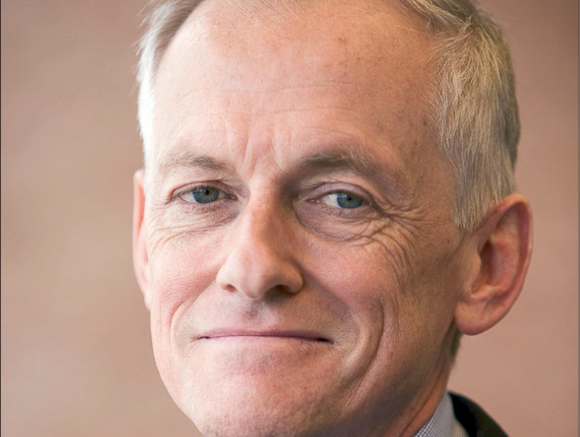
Dr. Kevin De Cock is a much-respected medical professional with a wealth of experience in infectious diseases, global health, and HIV/AIDS research. His journey began at the University Department of Medicine in Bristol, where he developed a keen interest in gastroenterology and liver disease. His comprehensive training under renowned professors exposed him to various disciplines, providing a strong foundation in medicine.
In the mid-1970s, Dr. De Cock pursued specialist medical training, earning membership of the Royal College of Physicians (MRCP). Throughout this period, he actively engaged in medical education, fostering a passion that would shape his career.
Furthering his education, Dr. De Cock obtained a Diploma in Tropical Medicine and Hygiene (1979) from Liverpool School of Tropical Medicine. He then embarked on a role as a Lecturer in Internal Medicine at the University of Nairobi, Kenya, managing medical admissions, providing senior care in the ICU, and specialising in infectious and tropical diseases.
His time in Nairobi allowed him to conduct clinical studies on chronic splenomegaly and portal hypertension, solidifying his expertise in the field. He also spent four months as a locum Senior Registrar in the Infectious Diseases Department at Northwick Park Hospital, gaining valuable exposure to infectious diseases.
Dr. De Cock's dedication to hepatology led him to the Liver Unit at the University of Southern California, where he specialised in liver diseases and conducted clinical research on hepatitis B and hepatitis delta virus infections. His exceptional work earned him the position of Assistant Professor of Medicine, where he continued to teach and attend to medical students and residents.
In 1986, Dr. De Cock joined the Centers for Disease Control and Prevention (CDC) as an Epidemic Intelligence Service (EIS) Officer. His assignments in Africa allowed him to work on projects related to yellow fever and AIDS, and he played a pivotal role in drafting CDC guidelines for viral haemorrhagic fevers. Later, he established a cooperative project studying HIV infection in Cote d'Ivoire.
In 1993, Dr. De Cock returned to the UK and became a Senior Lecturer at the London School of Hygiene and Tropical Medicine, where he later became a Professor, and then Visiting Professor of Medicine and International Health. He also served as a consultant physician at the Middlesex Hospital, specialising in HIV/AIDS. His research focused on HIV/AIDS and tuberculosis, and he actively contributed to teaching and supervising students.
In 1997, Dr. De Cock assumed the role of Director of the Division of HIV/AIDS Prevention, Surveillance, and Epidemiology at the CDC in Atlanta, overseeing research and collaborations in various countries.
In 2000, he became the Director of CDC activities in Kenya, expanding programs related to HIV/AIDS, parasitic diseases, malaria, disease detection, emergency response, health system strengthening, and immunisation.
In 2006, Dr. De Cock took on the role of Director of the Department of HIV/AIDS at the World Health Organization (WHO) in Geneva, Switzerland. His work included publishing major international guidelines on HIV treatment, prevention of mother-to-child transmission, and provider-initiated HIV testing and counselling.
Returning to the CDC in 2009, Dr. De Cock served as the Director of CDC Kenya and, in 2010, became the Founding Director of the CDC's Center for Global Health, overseeing diverse programs addressing global health challenges. Dr. De Cock remained with CDC in Kenya (Director and then Senior Advisor) till his retirement in late 2020.
Throughout his career, Dr. De Cock demonstrated a steadfast commitment to public health and infectious disease response. He played a vital role in responding to the West Africa Ebola epidemic and has since contributed to various organizations as an independent consultant and a teacher at prestigious institutions.
Dr. Kevin De Cock's extensive experience, expertise, and dedication to global health have made an enduring impact on infectious diseases, particularly HIV/AIDS research and control. His contributions have significantly improved the understanding, prevention, and management of these diseases, benefiting countless individuals and communities worldwide.